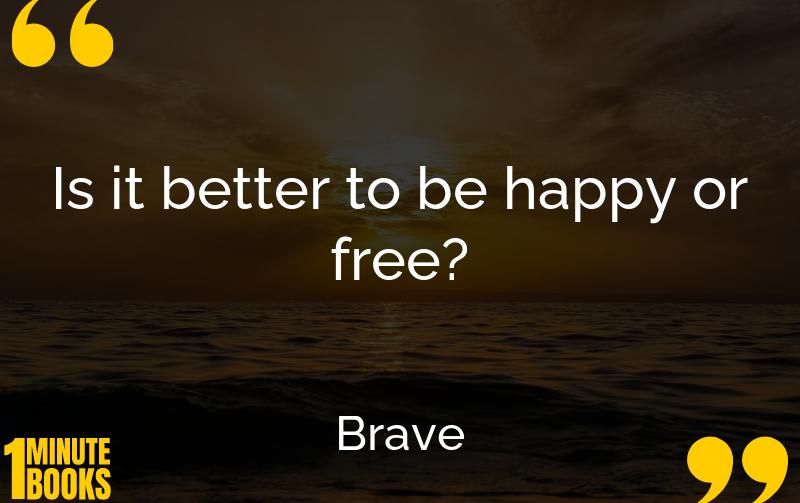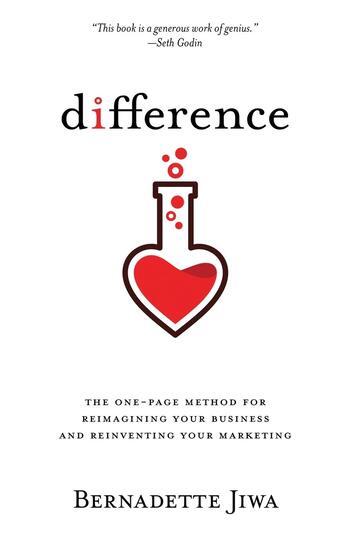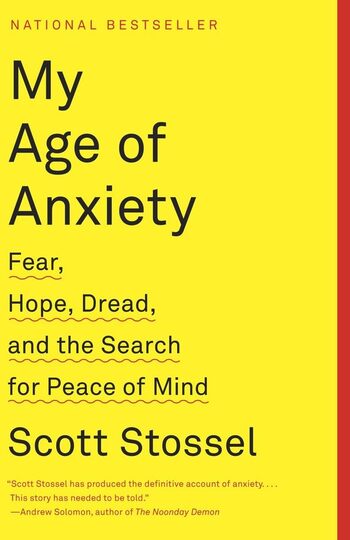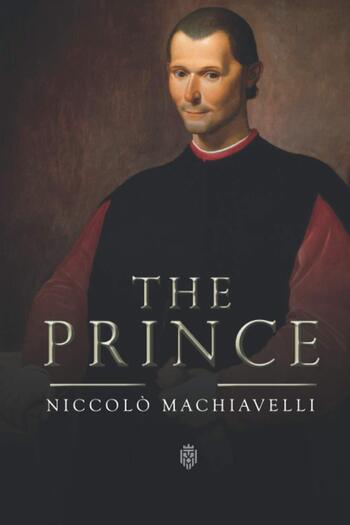
Brave New World explores a dystopian future where society sacrifices freedom for enforced happiness through technological control, challenging the balance between individual freedom and societal stability.
Main Lessons
- A hyper-controlled society sacrifices personal freedoms for the promise of happiness.
- Science is used to mass-produce humans conditioned to fulfill specific societal roles.
- The novel questions the value of individual freedom versus collective happiness.
- Consumerism is a tool to maintain societal control and prevent unrest.
- Traditional concepts like family, religion, and history are removed to ensure stability.
- Soma, a happiness-inducing drug, is used to keep the population docile.
- Bernard Marx and John the Savage highlight the struggle and isolation of nonconformity.
- Caste systems enforce a rigid societal hierarchy, limiting personal growth.
- True connections and emotions are sacrificed for societal uniformity.
- Mustapha Mond embodies the trade-off between power and personal freedom.
- Real passion and tragedy are erased to prevent societal disruption.
- Technological advancement challenges humanity’s inherent need for purpose.
- Huxley highlights the ethical dilemmas in sacrificing individuality for stability.
- The novel raises questions about the future impacts of biotechnology and conditioning.








